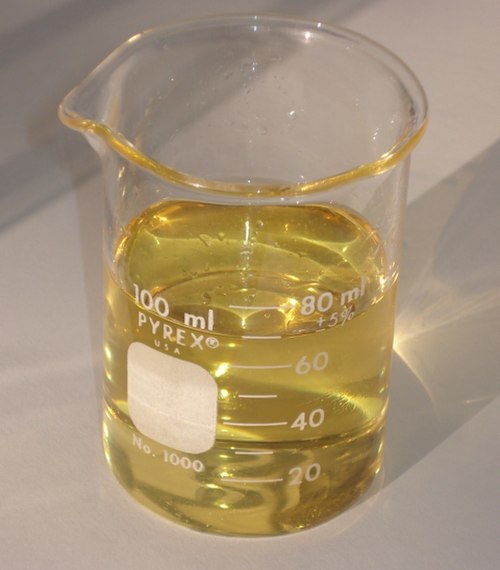Dieselnoun
A fuel derived from petroleum (or other oils) but heavier than gasoline/petrol. Used to power diesel engines which burn this fuel using the heat produced when air is compressed.
Dieselnoun
(countable) A vehicle powered by a diesel engine.
Dieselnoun
A rider who has an even energy output, without bursts of speed.
Dieselnoun
Snakebite and black (a drink).
Dieselnoun
(slang) A particular cannabis hybrid.
Dieselverb
To ignite a substance by using the heat generated by compression
Dieselverb
(automotive) For a spark-ignition internal combustion engine to continue running after the electrical current to the spark plugs has been turned off. This occurs when there's enough heat in the combustion chamber to ignite the air and fuel mixture without a spark, the same way that heat and pressure cause ignition in a diesel engine.
Diesel
A type of internal-combustion engine in which the air drawn in by the suction stroke is so highly compressed that the heat generated ignites the fuel (usually a heavy oil), the fuel being automatically sprayed into the cylinder under pressure. The Diesel engine has a very high thermal efficiency.
Dieselnoun
German engineer (born in France) who invented the diesel engine (1858-1913)
Dieselnoun
an internal-combustion engine that burns heavy oil
Dieselnoun
an internal combustion engine in which heat produced by the compression of air in the cylinder is used to ignite the fuel
Dieselnoun
a heavy petroleum fraction used as fuel in diesel engines
Biodieselnoun
fuel for diesel engines made of renewable organic raw materials as opposed to fossil hydrocarbons
Biodiesel
Biodiesel is a form of diesel fuel derived from plants or animals and consisting of long-chain fatty acid esters. It is typically made by chemically reacting lipids such as animal fat (tallow), soybean oil, or some other vegetable oil with an alcohol, producing a methyl, ethyl or propyl ester by the process of transesterification.














